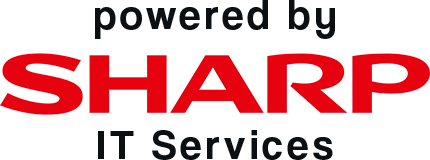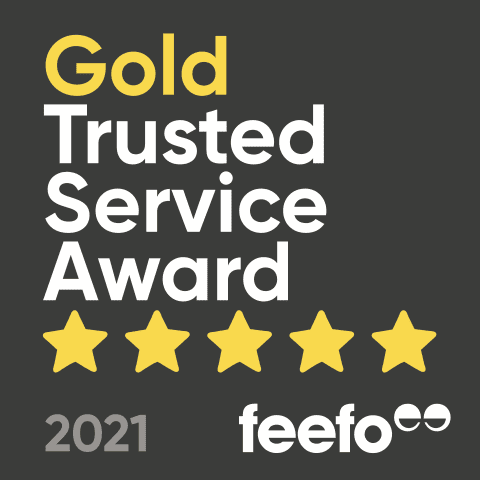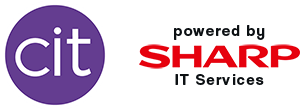Case Study: Rivet Games
We speak with Rivet Games about how their team have managed to work remotely during COVID-19
Who are you?
I’m Tim Gatland, the Chief Executive of Rivet Games. I helped form the company about 18 months ago, we are a spin-out from another company called Dovetail Games, who are based down in Chatham.
Introduce your organisation
Rivet Games is a video game developer and we are currently focused on making train simulation products and these are add-ons for the market-leading train simulator world and train simulator 2020 from Dovetail Games. These give people the experience of driving a train on their computer, so they are realistic simulators.
Our next release which will be around the end of this month (September 2020) is a working simulation of the Isle of Wight trains and we’ve just been working on that now for about six months but historically we’ve had a very strong focus on Swiss content and our next big project is modelling the Arosa line in Switzerland which we’re very excited about.

How has COVID-19 affected your organisation?
It’s actually been really dramatic, and we’ve moved from being an office based company to all working remotely for the last six months. So, in terms of organisation, we’re a completely different organisation from where we were but, in terms of what we do, we’re all still doing the same thing making train simulation products.
Have you struggled with working remotely?
Overall, I’m delighted to say the guys have just embraced this change. It would have been utterly unimaginable a year ago, so I’m so proud of them for finding the solutions to the various problems of both lockdown and remote working.
There have been a few things that have been especially challenging for us. One is recruiting and in particular how we get people trained, onboarded remotely and how we instil in them a little bit of the company culture so that’s been one big thing.
Operationally, the nuts and bolts we can do remotely quite easily and straightforwardly but the bringing things together and coordinating releases, that’s very challenging and so we’ve had to find new ways of doing that effectively when we’re not in the same building.
With the tools and communication strategies that we’ve had to adopt, we’ve not really struggled but we’ve had to be pretty creative to deal with it.
How have Complete I.T. helped you during this time?
Complete I.T. have been great. In the early days, we expected working from home would be a relatively short-lived phenomena and during that time they provided the key assistance to allow everyone remotely to access the servers that were in the office at that time.
For the first few months, it was really just giving people the access they needed to their key pieces of reference material and then allowing them to upload their elements of the software.
In the last couple of months we’ve made the decision to move all of our systems to be cloud-based. This reduces the sort of bottleneck of getting into the office-based systems and actually, in the medium-term, it’s going to allow us to dramatically reduce office costs.
Complete I.T. helped us do one of the key bits which was getting our domain controller migrated from a server based system in our office to being Azure based in the cloud and we think this use of Azure and a cloud-based domain controller is fantastic and also provides a really, really cost-effective way of providing that service for a dispersed workforce.
So, two key things for us were: they kept us going when lockdown first hit us and then CIT helped us with that strategic change to cloud-based systems.


What do you think your workplace of the future will look like?
Well it’s going to be very different; it’s going to be much less office based. Instead of coming into the office for eight hours a day, we are going to “work where you’re most effective”.
We’ll only get together for the activities that need group input but for the rest of the time the office will just be more like a meeting place, a coffee shop where you can go if you need access to some of our reference material, you want to meet other team members or we’ve got training on and things like that.
We think this change to flexible working is permanent and most of our staff are very, very, very keen to continuing working this way so it’s going to be very, very different. We’re actually using this opportunity to downsize the amount of space we have quite dramatically, but we’ll also be using different spaces, so it makes more sense for people to meet in different locations.
There are lots of flexible meeting solutions available and we’ll be taking advantage of those rather than saying get into the office; it’s going to be really interesting to see how that looks.
Can you describe your relationship with CIT in three words?
They are reliable and they’re technically very capable.

Benefits of Remote Working

IT Support

Hosted Telephony



